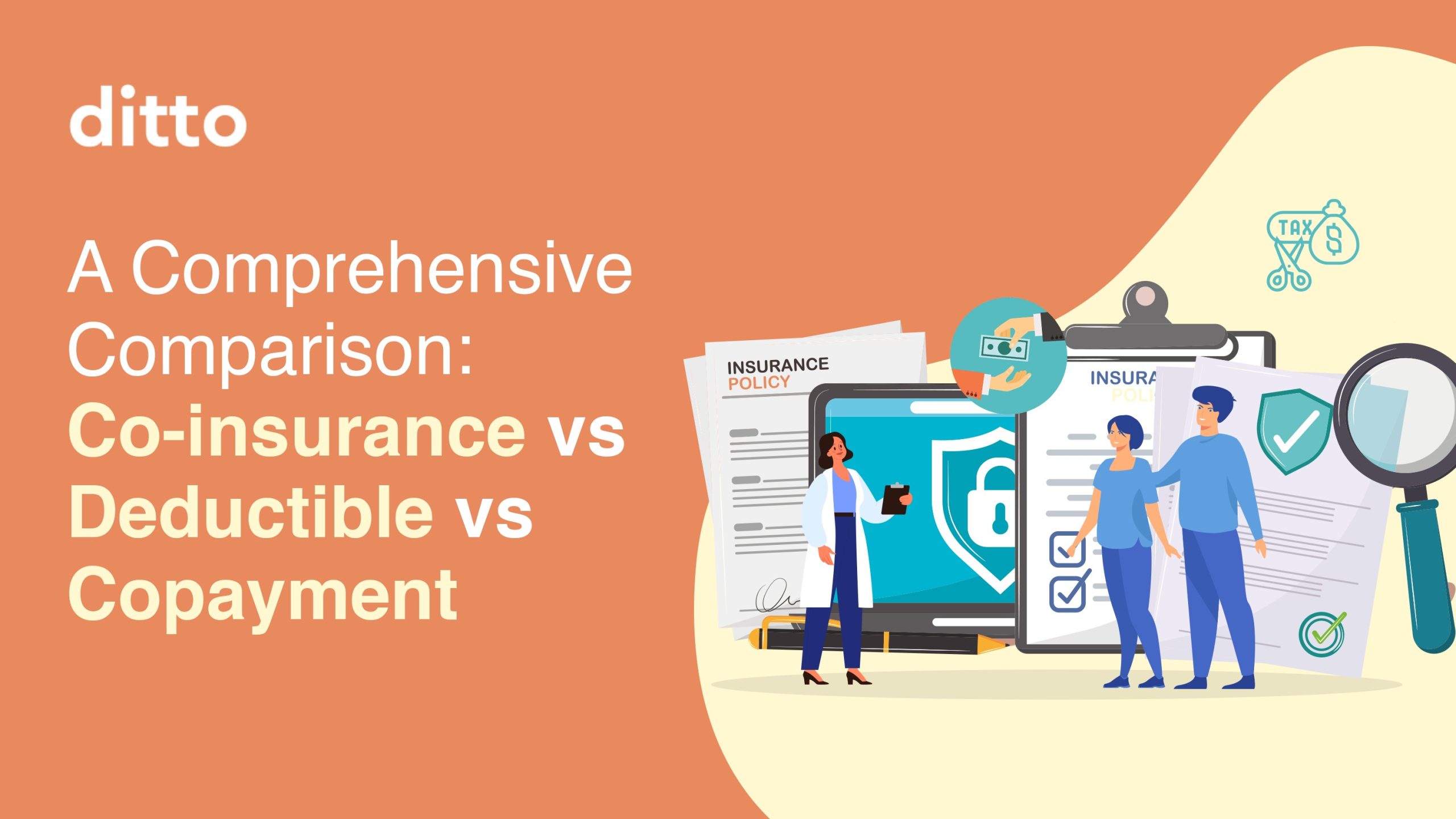In the dynamic narrative of life, change is the only constant. From exhilarating milestones like marriage and parenthood to significant shifts in career or residence, these transitions reshape our responsibilities, assets, and potential exposures to risk. While we meticulously plan for the joys and challenges these changes bring, a crucial yet often overlooked aspect of preparedness lies in updating one’s insurance portfolio. Just as a shrewd business leader recalibrates strategies in response to market shifts, the discerning individual must regularly reassess and adjust their insurance coverage to align with evolving life circumstances. Understanding “How to Prepare for Life Changes by Updating Your Insurance Policy” is not merely an administrative task; it is a fundamental act of proactive financial planning that ensures continuous protection and peace of mind in a perpetually evolving world.
The core principle behind updating your insurance in response to life changes is ensuring that your policies adequately reflect your current value, liabilities, and dependents’ needs. An insurance policy purchased years ago, tailored to a different life stage, can quickly become a dangerous gap in protection if left unaddressed. These gaps can lead to significant financial exposure precisely when you need a safety net the most. The process begins with recognizing that specific life events serve as crucial triggers for an insurance review.
One of the most significant life changes warranting an immediate insurance review is **marriage or entering a domestic partnership**. This union typically merges two financial lives and often entails new shared assets and responsibilities.
* **Health Insurance:** You’ll need to decide whether to combine onto one plan or maintain separate ones, comparing benefits, networks, and costs.
* **Auto Insurance:** Bundling policies with the same provider can often lead to significant multi-car or multi-policy discounts.
* **Life Insurance:** Review existing policies to consider naming your spouse as a beneficiary or increasing coverage to account for shared future goals (e.g., buying a home, planning for children).
* **Home/Renters Insurance:** If you’re moving in together, ensure one comprehensive policy covers all shared belongings and joint liability.
The arrival of **children** introduces profound changes to your financial and insurance needs. This is perhaps the most compelling reason to review life insurance coverage. Your life insurance policy should now adequately provide for your children’s future needs, including education, daily living expenses, and potentially even their adult financial stability, should you pass away prematurely. Consider increasing your coverage amount to reflect these new, long-term obligations. Additionally, review health insurance to ensure adequate coverage for maternity care (if applicable) and ongoing pediatric care for the new family member. Disability insurance, too, becomes even more critical, ensuring your income is protected to support your growing family should you become unable to work.
**Purchasing a home** is another monumental life change that necessitates a comprehensive insurance update.
* **Homeowner’s Insurance:** This replaces renters insurance and is a fundamental requirement of mortgage lenders. Ensure the coverage amount adequately reflects the full replacement cost of the structure and your personal belongings, not just the market value of the property. Also, review specific perils like floods or earthquakes, which are often excluded from standard policies and require separate coverage, especially relevant in regions prone to such events.
* **Life Insurance:** Consider increasing your life insurance coverage to ensure that, in the event of your death, your family could pay off the mortgage and remain in their home without financial strain.
* **Disability Insurance:** This protects your ability to make mortgage payments if you become disabled.
**Career changes or significant income shifts** also demand an insurance reevaluation.
* **Loss of Group Benefits:** If you leave a corporate job, you’ll likely lose group health, life, and disability insurance. You’ll need to secure individual policies to fill these critical gaps.
* **Increased Income/Assets:** As your income and assets grow, your liability exposure increases. Consider an **umbrella liability policy** to provide an additional layer of protection beyond your auto and homeowner’s limits, shielding your accumulated wealth from potential lawsuits.
* **Business Ownership:** For entrepreneurs, the needs are unique, requiring specialized coverage like Business Overhead Expense (BOE) insurance, Key Person Disability, and potentially Disability Buy-Sell agreements.
**Divorce or separation** necessitates immediate and careful attention to insurance policies to protect all parties.
* **Beneficiary Designations:** Immediately review and update beneficiaries on all life insurance policies, retirement accounts, and investment accounts to reflect your current wishes. Failing to do so can lead to unintended beneficiaries receiving funds.
* **Health Insurance:** Determine how health coverage will be handled for ex-spouses and children, especially if one party relied on the other’s employer-sponsored plan.
* **Property Insurance:** If assets like a home are changing ownership, ensure the relevant property policies are updated to reflect the new ownership structure and coverage needs.
Even the **aging process and retirement** require careful insurance adjustments. As you approach retirement, your life insurance needs might change; you may require less coverage if your dependents are grown and debts are paid off, or you might shift from term to whole life insurance for estate planning. Long-term care insurance becomes a significant consideration, providing financial protection for potential future needs related to chronic illness, especially in regions with rising healthcare costs. Reviewing health insurance for post-retirement needs and Medicare eligibility (if applicable) is also paramount.
The process of updating your insurance is not about merely calling your agent and saying “I need more.” It involves:
1. **Conducting a Regular Audit:** Annually, or after any major life event, take stock of your assets, liabilities, income, and dependents’ needs.
2. **Contacting Your Insurance Agent or Financial Advisor:** They are experts who can guide you through the complexities, identify potential gaps, and recommend appropriate adjustments.
3. **Understanding the Fine Print:** Always read your updated policy documents carefully, paying attention to coverage limits, deductibles, and new exclusions.
4. **Keeping Meticulous Records:** Maintain a central, organized file (physical or digital) of all your policies, contact information, and communication with your providers.
In conclusion, life is a continuous journey of change, and our financial protections must evolve in tandem. By proactively preparing for and responding to major life events through diligent insurance policy updates, individuals can build a robust, dynamic safety net that aligns precisely with their current circumstances and future aspirations. This strategic approach transforms insurance from a reactive response to misfortune into a proactive tool for sustained financial security and profound peace of mind, ensuring that whatever life brings, you are adequately protected.





